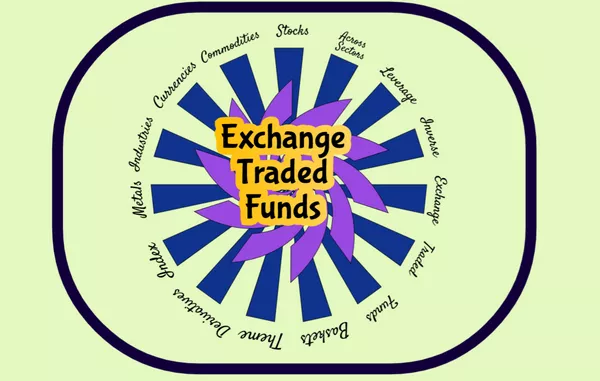While Europe’s luxury brands dazzled at Paris Fashion Week, investors are beginning to question their appetite for luxury stocks in light of a Chinese economic slowdown and concerns surrounding interest rates.
Despite a promising start to 2023, driven by hopes of a rapid increase in Chinese sales after three years of lockdowns and the enduring post-pandemic spending boom in the United States, the STOXX Europe Luxury 10 index has experienced its most significant quarterly decline since 2020.
Since the end of March, the value of these top 10 luxury stocks has plummeted by a staggering $175 billion. China’s economic recovery has been marked by volatility and slowing growth, while high inflation and rising interest rates in the United States have prompted American consumers to exercise caution in their spending habits.
Bernard Ahkong, co-CIO at UBS O’Connor Global Multi-Strategy Alpha, noted, “The sector has de-rated sharply in the last 2-3 months, due to a combination of rising interest rates, investor positioning, and in anticipation of earnings cuts.”
Although the “Big 10” luxury index still boasts a year-on-year gain of 20%, the third quarter marked its worst quarterly performance on record relative to the STOXX 600, which saw a modest decline of 2.5%.
Peter Garnry, head of equity strategy at Saxo Bank, concurred with concerns over the luxury sector’s outlook, citing uncertainties in both the European and Chinese economies as contributing factors to the recent decline in European luxury stocks.
The upcoming weeks may provide further insight into the industry’s health as several major European luxury groups prepare to release their quarterly sales reports, commencing with LVMH on October 10.
While luxury valuations have moderated somewhat, they still outpace the broader market. LVMH’s 12-month forward price-to-earnings ratio stands at approximately 21, and Richemont’s at 15.6, compared to around 12 for the STOXX 600, according to LSEG data.
However, in a notable shift, Danish pharmaceutical company Novo Nordisk overtook LVMH as Europe’s most valuable listed company last month, ending the French luxury group’s 2.5-year reign. This shift was attributed to waning investor interest in luxury stocks and the success of Novo’s anti-obesity drug Wegovy.
Some analysts have expressed caution regarding the luxury sector, with UBS recently revising its estimates to account for the risk of reduced Chinese consumption. Morgan Stanley reduced its 2024 earnings-per-share estimate for luxury goods by 6%, while Bank of America slashed its forecast by 7%, citing reduced spending in the United States and Europe following the pandemic.
Credit card data from the United States revealed a 16% year-on-year decline in luxury fashion spending in July and August.
Gerry Fowler, head of European equity strategy and global derivative strategy at UBS, acknowledged that risks in luxury stocks became more evident in May, but cautioned, “We aren’t sure that earnings momentum has yet reached its lowest point.”
Nevertheless, despite a growing consensus of caution, some market participants and analysts maintain a positive long-term outlook. Analysts at Bernstein argued that the sector correction had been overly pronounced, highlighting that companies like LVMH, which prioritize marketing investments and reduce price increases, are well-positioned in an uncertain economic environment.
Gilles Guibout, head of European equity strategies at AXA Investment Managers, initially exercised caution due to lofty valuations but is now showing renewed interest. “Up to now, luxury names were seen as a place to hide, it was really consensual. That was also the reason why we were not so keen to be overweight at the beginning of the year,” he said.
With valuations now closer to long-term averages, the sector is becoming more appealing to Guibout, although he maintains the underweight rating he has held since the start of 2023. “We will wait for the quarterly results, which should confirm that there has been a slowdown,” he added.


